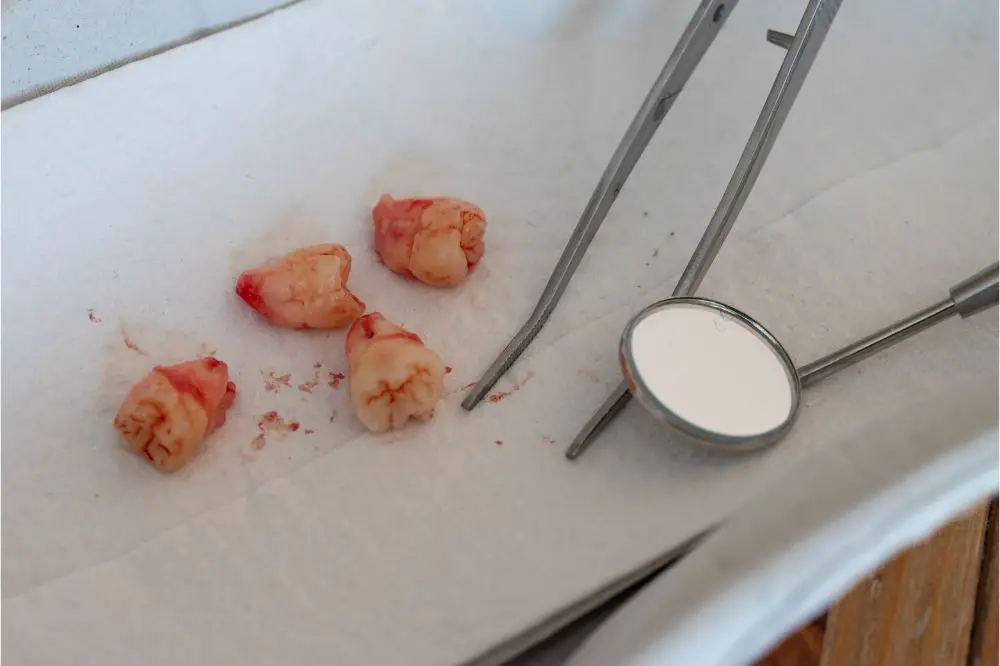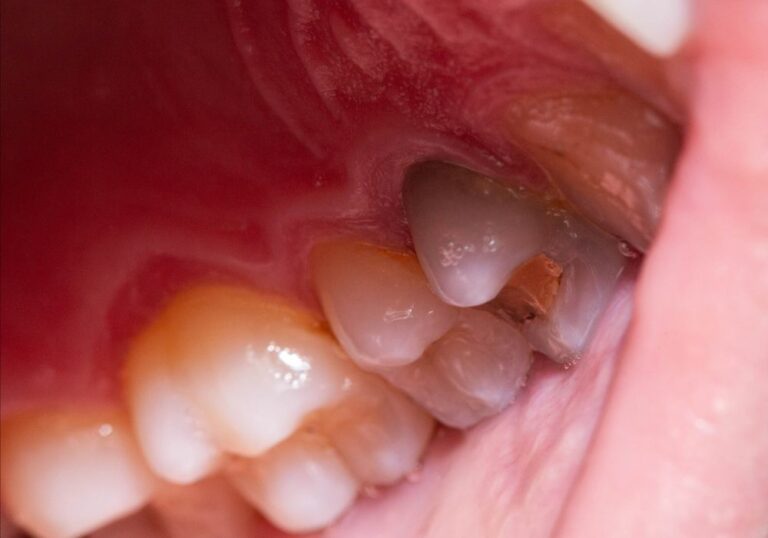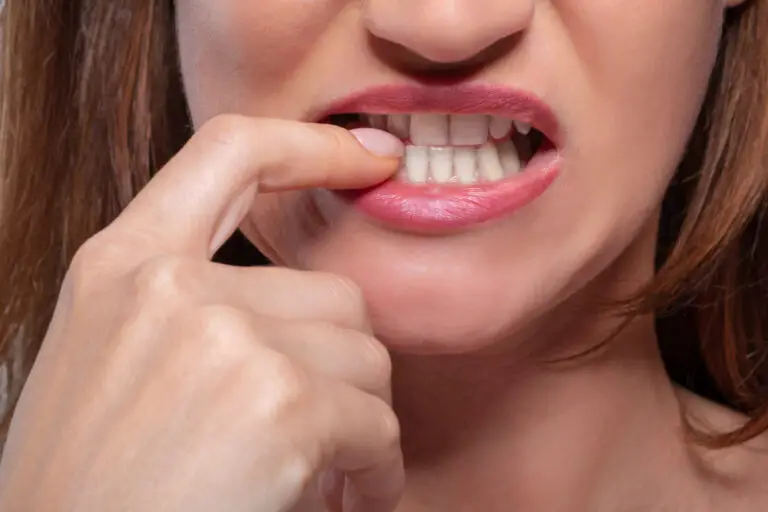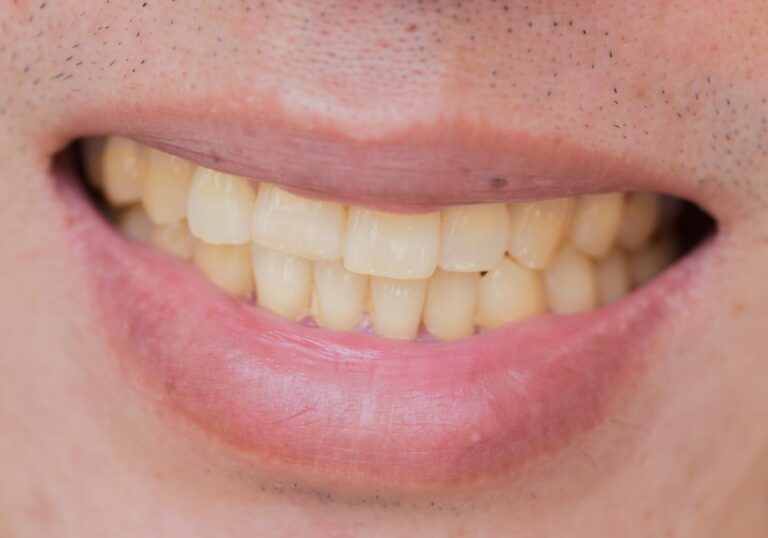Having your wisdom teeth out is not a pleasant experience, but unfortunately, it’s an extremely common procedure that many people will one day have to face.
If you are about to have yours removed, you probably have a whole range of questions – including when you can start to eat again and which foods are allowed. So to help, in this post, we answer the question, how long after wisdom teeth removal can I eat a hamburger?
If you want some tips about managing the pain from this procedure, you can also check out this video before reading on.
How Long After Wisdom Teeth Removal Can I Eat a Burger?
Before we get into the bones of recovering from wisdom teeth extraction and the timeline of when you can add food back to your diet, let’s start by answering the question in the title of our post.
How long after wisdom teeth removal before you can eat a burger? After about a week to ten days.
However, there’s much more to the question than just this, so in the rest of this post, we’ll look at the details of recovery from wisdom teeth removal and how quickly you can reintroduce certain foods to your diet after undergoing this procedure.
So let’s jump in and get started!
What are wisdom teeth and why are they removed?
Let’s start with the basics – what are wisdom teeth and why do some people need to have them taken out?
Wisdom teeth are the final four molars at the back of the mouth, one on each side at the top and the bottom.
These teeth are the last to erupt and usually only appear when people reach their late teens or early 20s. However, by this age, the rest of the teeth are already present and fully developed, so for many people, the wisdom teeth don’t have enough space to grow correctly.
As a result, sometimes wisdom teeth don’t erupt fully, or they may grow out at an angle. When this happens, they are said to be “impacted”.
Not all impacted teeth need to be removed – in many cases, if they don’t cause problems, they can safely be left in.
However, sometimes, impacted wisdom teeth can cause pain, in which case, removal becomes necessary.
In addition, impacted wisdom teeth may lead to conditions such as tooth decay, gum disease, plaque build-up and resulting infection, bacterial infection, abscesses and cysts.
If any of these occur as a result of impacted wisdom teeth, extraction of the teeth may be recommended if other treatments are ineffective.
What is the procedure?
The procedure to remove wisdom teeth begins with an X-ray, which allows the dentist to get an idea of what will be required.
After this, local anesthetic is applied, and the dentist will usually start by rocking the wisdom teeth to loosen the socket. Once they are loose enough, the teeth are then pulled out.
Sometimes, if the tooth hasn’t fully emerged, it may be necessary to make an incision into the gum to give the dentist access to the tooth.
It’s also possible that the tooth will need to be broken and removed in pieces, and occasionally, a small portion of the jawbone may also need to be removed.
After the procedure, the patient is then allowed to return home to begin recovery.
Rarely, general anesthetic is required, and the procedure needs to take place in a hospital. However, even in this case, the patient is still usually able to return home the same day.
How to ensure proper healing after wisdom tooth removal

After wisdom tooth removal, you will need to return home to recover from what is considered a relatively major procedure, and you shouldn’t expect to return to work for about a week – or for a few days at the very least.
After any tooth extraction, you need to let the wound heal. Immediately after the procedure, a blood clot will form, and you need to be very careful not to dislodge the clot, or you may suffer from a painful condition known as “dry socket”.
Dry socket occurs when the jawbone is exposed, and to prevent this from happening, it is extremely important to eat the right types of foods in the days following the procedure – something we’ll come to in just a moment.
For the same reason, you shouldn’t rinse your mouth vigorously or brush the site of the wisdom tooth removal for several days after the procedure.
It is also highly recommended not to smoke in the days following the procedure – smoking is one of the leading causes of complications following wisdom tooth removal – and you also shouldn’t drink alcohol for at least the first few days.
So now let’s have a look at the kinds of foods you can eat and when following wisdom tooth removal.
What can you eat immediately after wisdom tooth removal?
Right after you have your wisdom teeth out, you probably won’t feel much like eating, but after the anesthetic wears off, you’re likely to start feeling hungry.
However, for the first 24 hours, you should stick to liquid foods only, so the best thing to eat is smooth soup (without any chunks of meat or vegetables in it).
The best thing to drink is water, and you should try to drink plenty of it.
This is because it’s important to stay hydrated, and avoiding dry mouth will help with the healing process. The best option is to drink water at room temperature – avoid drinking hot or cold water so you don’t irritate the wound.
You can also drink fruit juice, but you should avoid anything too acidic like orange juice – but if you can wait, it’s better to give it 24 hours and just stick to water at first.
What can you eat a day after wisdom tooth removal?
After the first 24 hours, you can begin to introduce other foods, but they should still be soft foods that don’t require any chewing. Something like mashed potato would be ideal since it’s consistent enough to fill you up but is still easy for you to eat without chewing.
What can you eat a few days after wisdom tooth removal?
From the third day, you can start to introduce other soft foods that require a little chewing. This might include things like scrambled egg or pasta – although make sure pasta is well cooked and not served al dente.
What can you eat a week after wisdom tooth removal?
From around a week after the procedure, you should be able to eat most kinds of foods, even foods that require chewing. This means that if you’ve been dying for that hamburger, now’s the time when food like this can go back on the menu.
However, you should still avoid eating sugary, spicy, acidic or excessively chewy or crunchy food until you reach the two-week point.
So if you do order a hamburger, make sure you go easy on the chili sauce.
Finally, from around the two-week mark, you can begin to eat normally again – which includes spicy, sugary, chewy or crunchy food and alcohol – although even then, you should proceed with caution for at least a few days until you are confident your gums have fully healed.
FAQs
When can you start to eat your normal diet?
After having your wisdom teeth out, you can expect to return to eating a fully normal diet after about two weeks.
What kind of side effects can you expect to experience?
Having your wisdom teeth removed is a fairly major intervention, so you can expect some discomfort in the days and weeks that follow.
Immediately after the procedure, as the anesthetic wears off, you can expect to experience some pain – although this can usually be managed using over-the-counter pain medication.
You may also experience some swelling to the mouth and cheeks, and some bruising may appear in the area. These symptoms should disappear after a few days or perhaps a week or so at the most.
Many people also experience a stiff or sore jaw as a result of the physical action of removing the tooth, and this may last up to seven to ten days.
After the procedure, you are likely to have a bad taste in your mouth, and you may also have bad breath for a few days – although these will both clear up on their own after a short time.
Finally, it’s normal for the wound to bleed a little for the first day or two, but this will stop by itself.
If you feel more serious pain, it could be a sign of dry socket, in which case you should see your doctor for advice.
If any of these symptoms continue for a longer period than just a week or two, you should also contact your dentist for advice.
An unpleasant yet common procedure
While nobody is going to try to pretend that having your wisdom teeth out is fun, it’s an extremely common procedure, so the good news is, most dentists have plenty of experience, and everything should go smoothly.
Part of the key to fast recovery is knowing what you can eat after the procedure, and we’ve outlined the details in this post – so now you should know what you can eat and when, and that means hamburgers are ok again after the first week!







